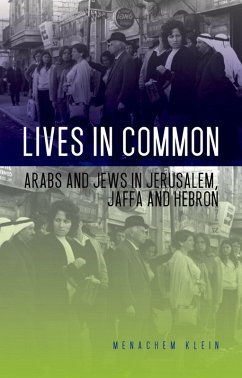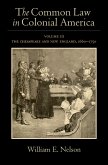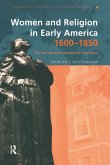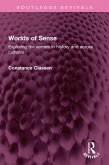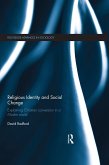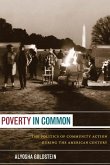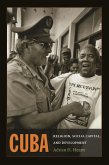Most books dealing with the Israeli-Palestinian conflict see events through the eyes of policy-makers, generals or diplomats. Menachem Klein offers an illuminating alternative by telling the intertwined histories, from street level upwards, of three cities-Jerusalem, Jaffa, and Hebron-and their intermingled Jewish, Muslim and Christian inhabitants, from the nineteenth century to the present. Each of them was and still is a mixed city. Jerusalem and Hebron are holy places, while Jaffa till 1948 was Palestine's principal city and main port of entry. Klein portrays a society in the late Ottoman period in which Jewish-Arab interactions were intense, frequent, and meaningful, before the onset of segregation and separation gradually occurred in the Mandate era. The unequal power relations and increasing violence between Jews and Arabs from 1948 onwards are also scrutinised. Throughout, Klein bases his writing not on the official record but rather on a hitherto hidden private world of Jewish-Arab encounters, including marriages and squabbles, kindnesses and cruelties, as set out in dozens of memoirs, diaries, biographies and testimonies. Lives in Common brings together the voices of Jews and Arabs in a mosaic of fascinating stories, of lived experiences and of the major personalities that shaped them over the last 150 years. Most books dealing with the Israeli-Palestinian conflict see events through the eyes of policy-makers, generals or diplomats. Menachem Klein offers an illuminating alternative by telling the intertwined histories, from street level upwards, of three cities-Jerusalem, Jaffa, and Hebron-and their intermingled Jewish, Muslim and Christian inhabitants, from the nineteenth century to the present. Each of them was and still is a mixed city. Jerusalem and Hebron are holy places, while Jaffa till 1948 was Palestine's principal city and main port of entry. Klein portrays a society in the late Ottoman period in which Jewish-Arab interactions were intense, frequent, and meaningful, before the onset of segregation and separation gradually occurred in the Mandate era. The unequal power relations and increasing violence between Jews and Arabs from 1948 onwards are also scrutinised. Throughout, Klein bases his writing not on the official record but rather on a hitherto hidden private world of Jewish-Arab encounters, including marriages and squabbles, kindnesses and cruelties, as set out in dozens of memoirs, diaries, biographies and testimonies. Lives in Common brings together the voices of Jews and Arabs in a mosaic of fascinating stories, of lived experiences and of the major personalities that shaped them over the last 150 years.
Dieser Download kann aus rechtlichen Gründen nur mit Rechnungsadresse in A, B, BG, CY, CZ, D, DK, EW, E, FIN, F, GR, HR, H, IRL, I, LT, L, LR, M, NL, PL, P, R, S, SLO, SK ausgeliefert werden.

